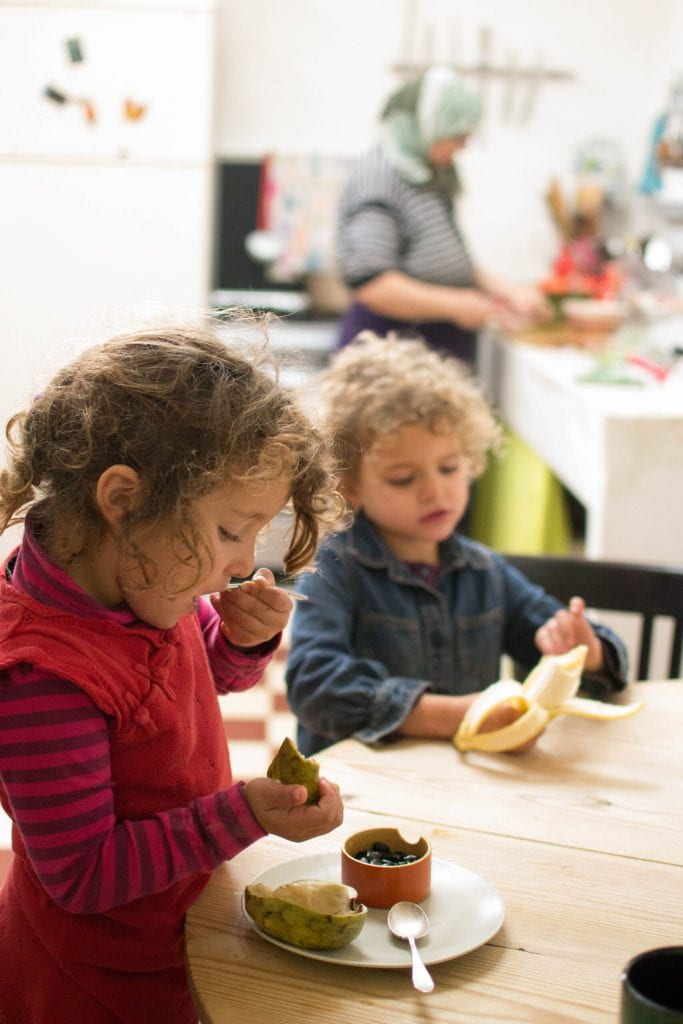Mealtimes in any household with children can be challenging. Trying to get the right food on the table, at the right time, while balancing tired and hungry kiddos can turn into total chaos very quickly. Factor in a child who is picky about what or how they eat and all bets are off. Get whatever you can in front of them as quickly as possible and then move on with your day, right? Below are some tips and suggestions for a busy family with a picky eater.
Engaging your child as part of the mealtime process can benefit your child and family in many ways. Even starting with meal planning. At the beginning of your week, you can have an open discussion with your children about the foods that they like (and do not like), and let them help decide what meals should be served during the week. In this way, they are prepared for what will be on the table and feel included in the process. Including them in this planning process additionally helps them feel that their opinions are heard, and gives them the opportunity to have some power over the situation. Working together, you can help your child learn what healthy meals look like.

Next step – the dreaded grocery shopping. Whether you are going to the store in person, or ordering grocery delivery, this is another great opportunity to include your child. Giving them a list of foods to look for or remember helps them with memory and recall skills. Did we forget the broccoli or is it already in the cart? Did we need one can of soup or two? These skills are important to reinforce in children with NF1. You can even offer them rewards, like picking a favorite treat when all of the groceries are in the cart.
Finally, it’s dinner time…let the games begin! Planning your dinners in advance can definitely relieve some of the stress of meal times. Knowing what you are going to prepare ahead of time ensures that you have the ingredients on hand. Pull the recipe out and hand it over, let your child hunt for rice in the pantry. They can work on their visuospatial skills by scanning the shelves and crossing things off the list. Cooking requires a certain amount of planning and direction in order to be successful. Starting with simple meals and a lot of supervision, allow your child to be the “Master Chef” and you the “Sous Chef”. They will get to practice many of their executive function skills, such as recalling what the last step was and planning for what the next step should be. With close supervision, it is also beneficial for them to help with cutting and mixing ingredients. They can help pull apart herbs, crush up breadcrumbs, or stir the pasta in order to work on their motor skills and experience a wide range of sensory experiences. Best of all, they will be entertained while you are cooking, instead of asking, “When are we going to eat?”

Maybe, in your home, it is the actual eating of the dinner that is the most challenging. Some kids are very picky eaters. It is important to allow them repeated exposure to foods or textures that they are not comfortable with. Even if their only interaction with mashed potatoes is pushing them off the plate, they are still experiencing the textures and smells, hopefully decreasing their sensitivity to each item. Talking about what the foods look like, smell like, and feel like helps them to better understand food.
Meal times can be both the best and worst part of any family’s day. Being together and working on a project as important as providing nutrition to the whole family can foster many important life skills, as well as bring you closer to your child through conversation and quality time spent together.
Check out the Neurofibromatosis (NF) Center Facebook and Instagram pages for updates on cooking events!
